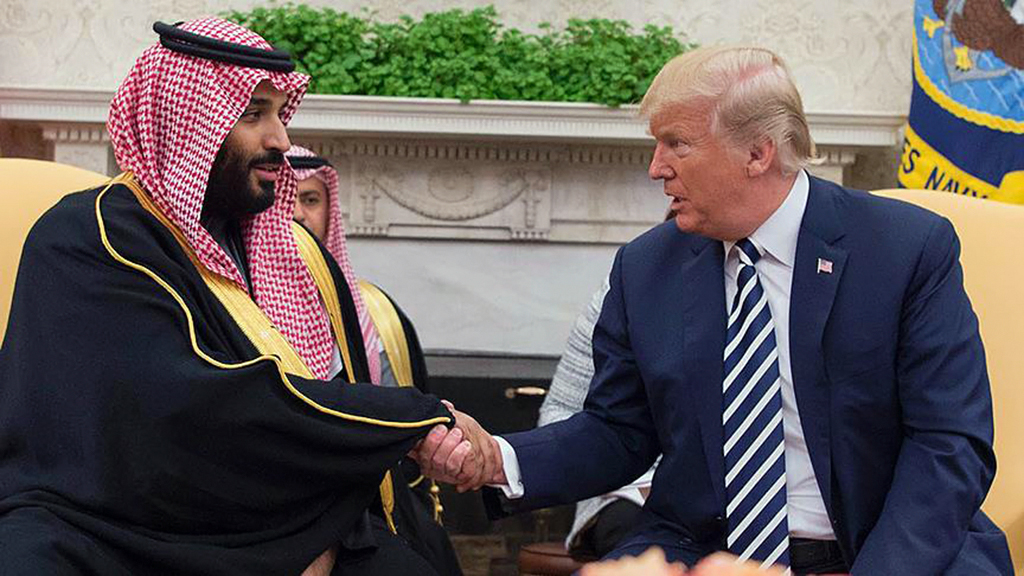In recent years, the United States has been following contradictory policies toward Middle Eastern countries. The American government began to become dependent on two Gulf States for their regional policy, namely the United Arab Emirates (UAE) and Saudi Arabia. In spite of the changes both within the U.S. and the Middle East, the U.S. misreads the most recent regional developments and does not want to accept the new realities of the region. On the one hand, the capability of the U.S. and therefore its capacity to control regional developments has dramatically decreased. In other words, the U.S has been experiencing a clear decline in its hegemony, since it faces difficulties in constructing a regional system. On the other hand, almost all regional countries have increased their power capacities and developed their economies. Accordingly, countries such as Saudi Arabia and Egypt have been following diversified and multidimensional foreign policies, which has decreased their dependency on the U.S.
It seems that Saudi Arabia has been considered as one of the main pillars of American policy towards the Middle East. However, the U.S. government misreads the Saudi state since it does not take into consideration that both the U.S. and the Saudi kingdom have changed significantly. For instance, even though the U.S. is the main weapons supplier, China is the largest trade partner of Saudi Arabia. Therefore, Riyadh enjoys a special relationship with China and does not support anti-Chinese American policies. During his latest visit to Beijing, the Saudi Crown Prince Mohammed bin Salman (MBS) defended China’s right to put the Uighur Muslims in concentration camps and claimed that China has the right to struggle against terrorism and to carry out deradicalization work for its national security. While the Saudi crown prince considers China’s policy as a struggle against terrorism, the U.S. government has been highlighting Chinese human rights violations.
Furthermore, the Saudi government continues to violate human rights in the Yemen crisis and kill thousands of innocent Yemenis. Many Western countries such as Germany and Canada began to take measures against the Saudi kingdom, including sanctions, due to human rights violations. Again, the U.S. has been silent about the human rights violations in Yemen.
Another American ally that causes problems and is a burden to U.S. policy is Egypt. This former heavyweight regional player has been experiencing many political, economic and social problems. After being dependent on the UAE and Saudi Arabia, Egypt was relegated as a proxy of its two financial backers. As part of the realization of the Emirati and Saudi regional project, the government of Abdel-Fattah el-Sissi has been otherizing the Muslim Brotherhood and executing innocent people based on some alleged claims. The U.S. government and most Western countries continue to support the el-Sissi regime, in spite of all its atrocities.



